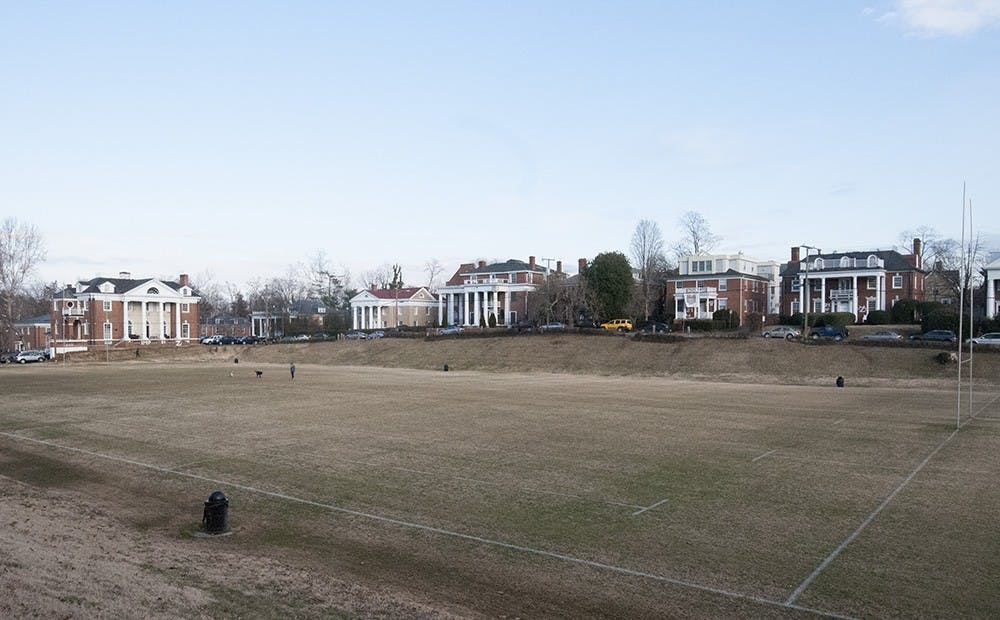The number of participants in 2015 formal recruitment for both the Inter-Sorority Council and Inter-Fraternity Council’s spring rush saw an increase from last year.
In total, 1,028 men rushed University IFC fraternities — a 10-person increase from last year. Sororities saw a 62-person increase from 2014, bringing the total rushees for the year to 1,056 — the highest participation in the ISC’s history.
IFC Vice President of Membership Peter Schnuck, a second-year College student, said while the Rolling Stone article released last semester — which, in part, shone a negative light on University Greek culture as part of a narrative about an alleged sexual assault — may have affected standards for fraternities, it has not adversely impacted the number of participants.
“There is definitely more publicity to the Greek system,” Schnuck said.
Schnuck said neither the new Fraternal Organization Agreement standards imposed by the University, nor the slight increase of participants, have significantly impacted the IFC’s spring rush.
“Nobody’s having major parties during rush, so it hasn’t had that much of an impact,” Schnuck said. “People are just being more careful.”
The same seems to be true of sorority rush. Fourth-year College student Julia Pedrick, outgoing ISC president, said sororities saw record numbers.
“For the Inter-Sorority Council, we had record numbers of potential new members registered for our formal recruitment, with over a thousand women registered,” Pedrick said in an email.
Pedrick said the increase in rushees reflects the increasing size of the first-year class.
“As the first year class continues to grow, we expect a corresponding increase in women registered for formal recruitment,” Pedrick said.
The slight uptick in participants, Pedrick said, had “very little” impact on formal recruitment.
Both Pedrick and Schnuck said they believe future recruitments will see relatively similar number of participants, regardless of any lasting effects of the Rolling Stone article.
“I expect the numbers to continue to increase with the increasing first year class,” Pedrick said. “If the first year class levels out and stops expanding in the future, I expect that to be reflected in our registered recruitment numbers.”







